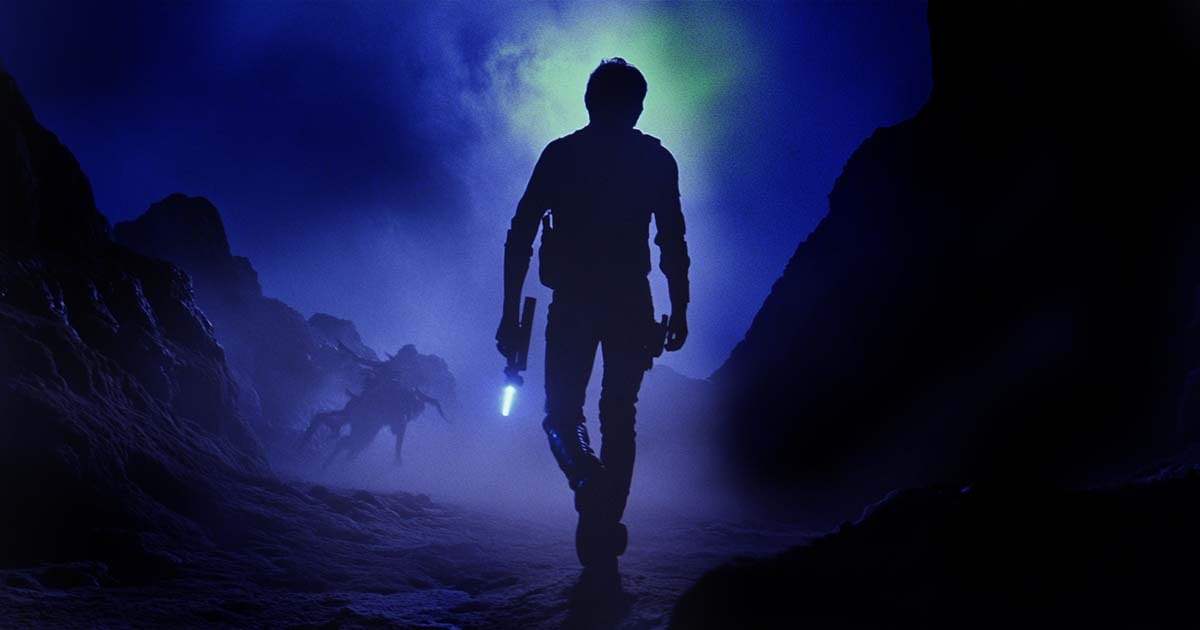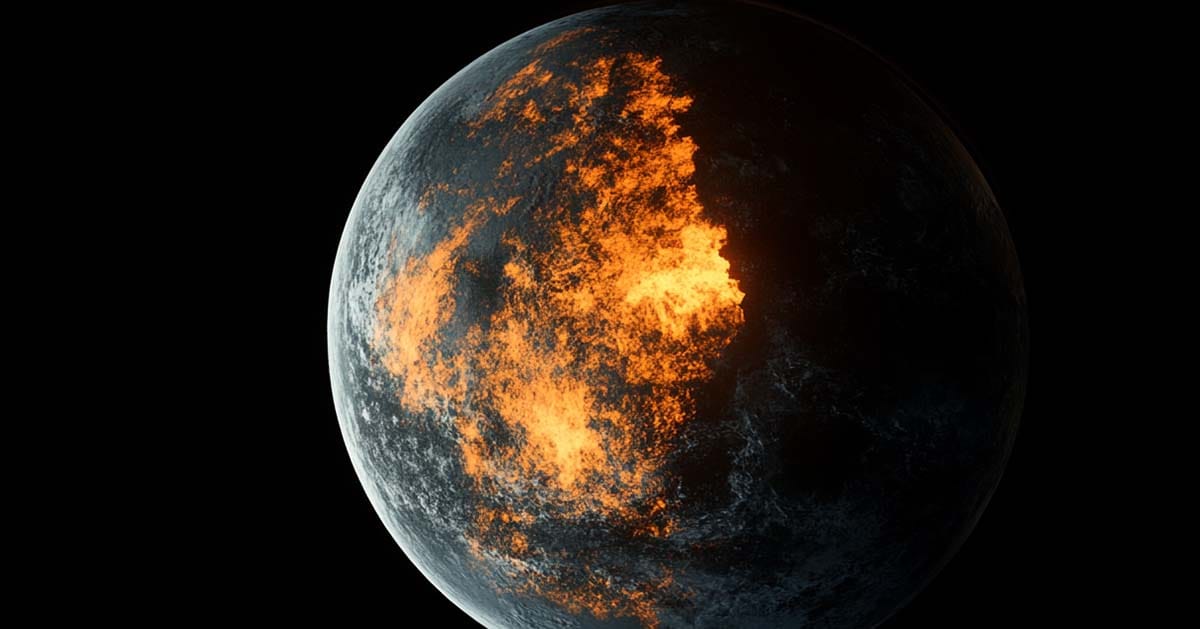What If Humanity Settled on a Perpetual Night Planet?
Discover the challenges and possibilities of life on a perpetual night planet. Explore survival, science, and ethics in this speculative journey inspired by science fiction classics like "Pitch Black" (2000).

Imagine a world cloaked in eternal darkness, where the stars never fade, and the sun is only a legend. In such a place, survival is a relentless battle against the unknown.
It's a thrilling prospect explored in science fiction classics like "Pitch Black" (2000), where darkness isn't just a backdrop —it's the enemy. But what if this wasn't fiction? What if humanity truly colonized a planet where the night never ends?
A Dark World Awaits
To survive on a perpetual night planet, humanity would need to redefine its relationship with light. Settlements would glow like beacons in the darkness, powered by nuclear or bioluminescent energy sources.
The surrounding wilderness, however, would teem with alien predators evolved for perfect darkness. It's easy to imagine a landscape lit only by shimmering fungi or glowing rivers, where every shadow might hide a threat.
This world demands resilience. The colonists, sheltered in reinforced domes, would venture out cautiously, armed with light-emitting tools. Over time, humanity might evolve, developing heightened senses or even genetic modifications to adapt to the endless dark.

Science Meets Survival
Theoretically, such a planet might orbit its star in a tidally locked configuration, where one side faces perpetual sunlight, and the other remains in darkness.
Scientists have speculated that planets like Proxima Centauri b could exhibit this phenomenon. While the day side might be a blazing inferno, the night side could harbor conditions suitable for life—if one could survive the cold and constant blackness.

In a world without sunlight, agriculture would also transform. Crops would grow under artificial light powered by innovative energy solutions. Humanity might farm underground, relying on hydroponics and genetically engineered plants to sustain life.
Cultural and Psychological Shifts
A perpetual night planet would challenge not only humanity's biology but also its psyche. Darkness can be oppressive, leading to isolation, depression, and fear. Yet, such a world might inspire new cultural traditions. Festivals of light could become pivotal celebrations, uniting communities and reinforcing hope.
The concept of time might also shift. Without a sunrise or sunset, people would rely on artificial cycles to structure their days. Over generations, this could lead to profound changes in how we perceive the passage of time and our place in the cosmos.
Ethics in the Dark
Colonizing a dark world raises difficult questions. Should humanity adapt its biology to the planet, potentially losing parts of what makes us human? Or should we focus on changing the environment to suit our needs? And what of the planet's native life forms, if they exist? Would our arrival disrupt an ecosystem uniquely adapted to thrive in the dark?
A Story Worth Exploring
"Pitch Black" (2000) captured the terror and thrill of survival in eternal (or so it felt with the monsters about) darkness, but the reality might be far more complex.
Humanity's ingenuity has always shone brightest in adversity, and the thought of conquering such a world is both daunting and exhilarating. It's a classic science fiction scenario —a test of our resilience, creativity, and morality.
Would we thrive on such a planet, or would the darkness consume us? As science fiction has always shown, the answer lies not in the stars but within ourselves.

